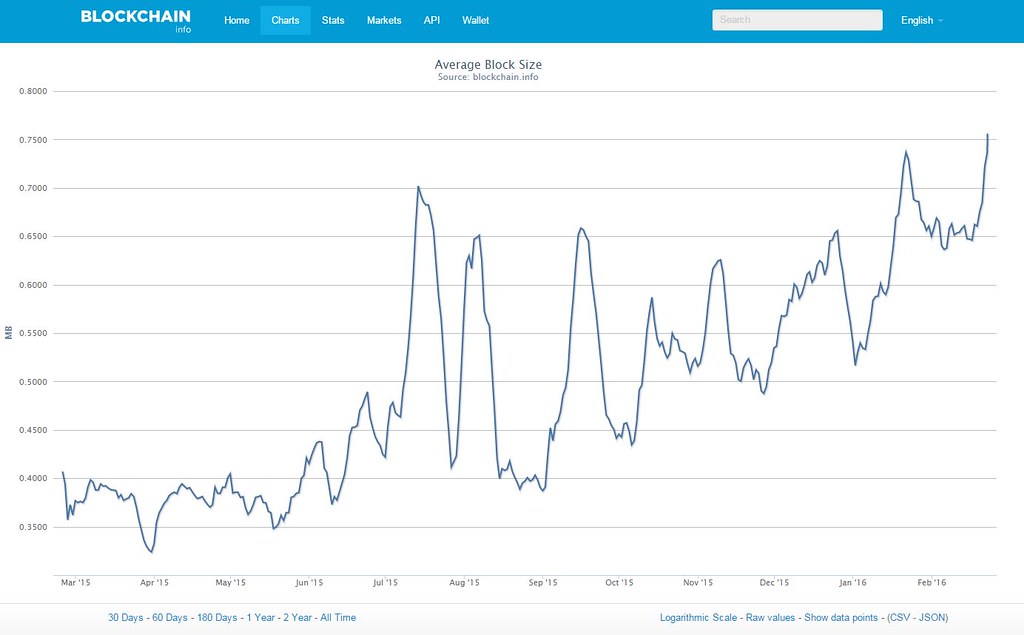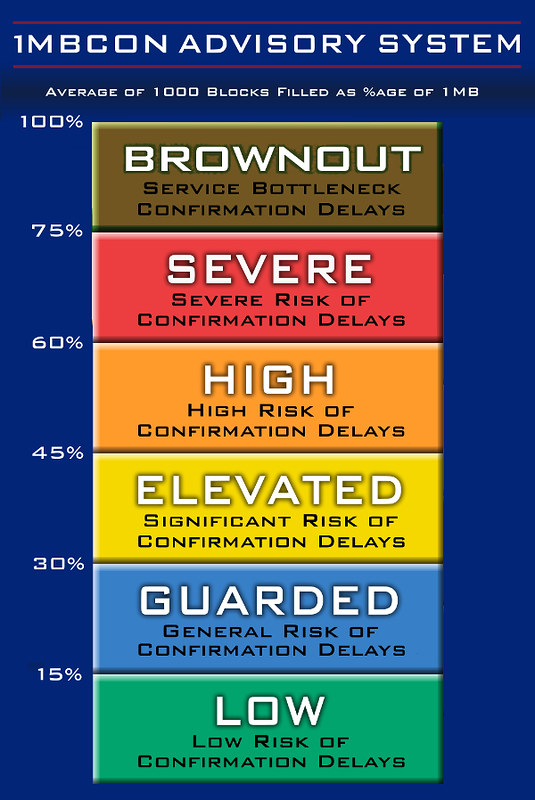@freetrader ASICs significantly increase the security of any proof of work network. Since they massively increase the hashing power way beyond anything CPU or GPU are capable off. This makes it much harder to attack from any outside source. Governments for instance tend to have a large amounts of CPU power at their disposal, which makes such cryptocurrencies vulnerable to attack by such an entity. If they had to construct their own ASICs instead, to compete with other ASICs it would make it much more expensive to carry out such an attack.
Increasing the hashing power essentially means increasing the security, which gives back increased value, which in turn increases the security again, a virtues cycle.
Initially when a currency is first launched it is good that there is a high degree of ASIC resistance in the algorithm, this does bring about a fairer distribution in this initial phase. While the currency is still small it can not sustain a diverse ecosystem of chip manufactures, therefore the use of standard equipment makes sense, since at this stage it would also benefit mining decentralization.
This process towards ASICs can be seen as an evolution towards a more advanced and mature ecosystem. As mining becomes a more professional industry spread around the world in many jurisdictions with competing manufactures, it actually becomes more anti fragile because of its shear size and sophistication.
Bitcoin is interesting as a form of democracy, because it is different to modern state democracies in that it places positive incentives on a select group which essentially votes in the interests of the economic majority, almost the opposite of how modern state democracies work lol. The point being however is that I can actually see an advantage to the miners being even more professional, invested and by extension you would hope better informed. This should strengthen the incentives and the actions of the miners in reflecting the will of the economic majority.
I understand that some of these points that I am making do seem to be somewhat at odds with recent developments, but I do have any reason to think why this theory is not correct. It could be that either the mining industry is not mature enough to deal with such an existential governance issue or that they will eventually still make the right decision. There are also a number of different factors which can influence this as well or it could just be that this will take longer to play out then we would expect. This is after all one of the fundamental premises that Bitcoin rests upon.
It is good to point out here that I do consider the biggest threat to mining centralization today actually to be centralization of manufacturing. It could even be argued that the model that I am discussing might not even work if manufacturing is not sufficiently decentralized.
It could be that in terms of the evolutionary growth of cryptocurrencies that we are still at the dangerous transitional phase between the comparatively more distributed late GPU/CPU mining phase and the early ASIC mining.
It is also not any more or less efficient doing CPU/GPU mining over ASIC mining because in essence all proof of work is arbitrary. It is more about equipment cost and electricity consumption. A one megawatt mine full of CPU miners compared to a one megawatt mine full of ASIC miners is not that different presuming the former is done on an ASIC resistant cryptocurrency.
In the specific case we where discussing the infrastructure and manufacturing for ASICs already exists, since much of the initial distribution for Bitcoin has already taken place it makes sense to leverage the advantages that such a large mining industry affords. Even in the case of a minority fork if we did change the algorithm it would mean that the SHA256 chain will have far greater security. The minority fork would most likely take a long time to develop the infrastructure to equal the proof of work security the longest SHA256 chain in this case would afford.
This development of ASICs is a part of Bitcoin and it can be considered that any chain fork of Bitcoin should be able to leverage this advantage for themselves and compete with the longest chain over the hashpower. We could even imagine a future with multiple chain forks of Bitcoin, each using the same hashing algorithm, however all combined contributing to the decentralization of manufacturing ensuring a healthy ecosystem for all.
I do not see much credence in the idea that the minority chain will be attacked to its destruction by the longest chain and that therefore only one chain with the same hashing algorithm can exist. I think the altcoin space actually serves as a good counterfactual to this claim, since there are even altcoins out there that use the same algorithm as Bitcoin, it is not a problem, the market finds its own equilibrium based on mining profitability.
A bit of a wall of text I know, but that was a great question, thanks. One positive thing about this whole blocksize debate and existential crisis of Bitcoin is that it is making us ask a lot of interesting questions and exploring concepts that we might not have otherwise explored in such depth.
My hope is that what we are going through is Bitcoin coming to understand itself, as it grows up, acquiring more self knowledge and self awareness. An awakening even, my hope is that we will all come out of this stronger and wiser.


